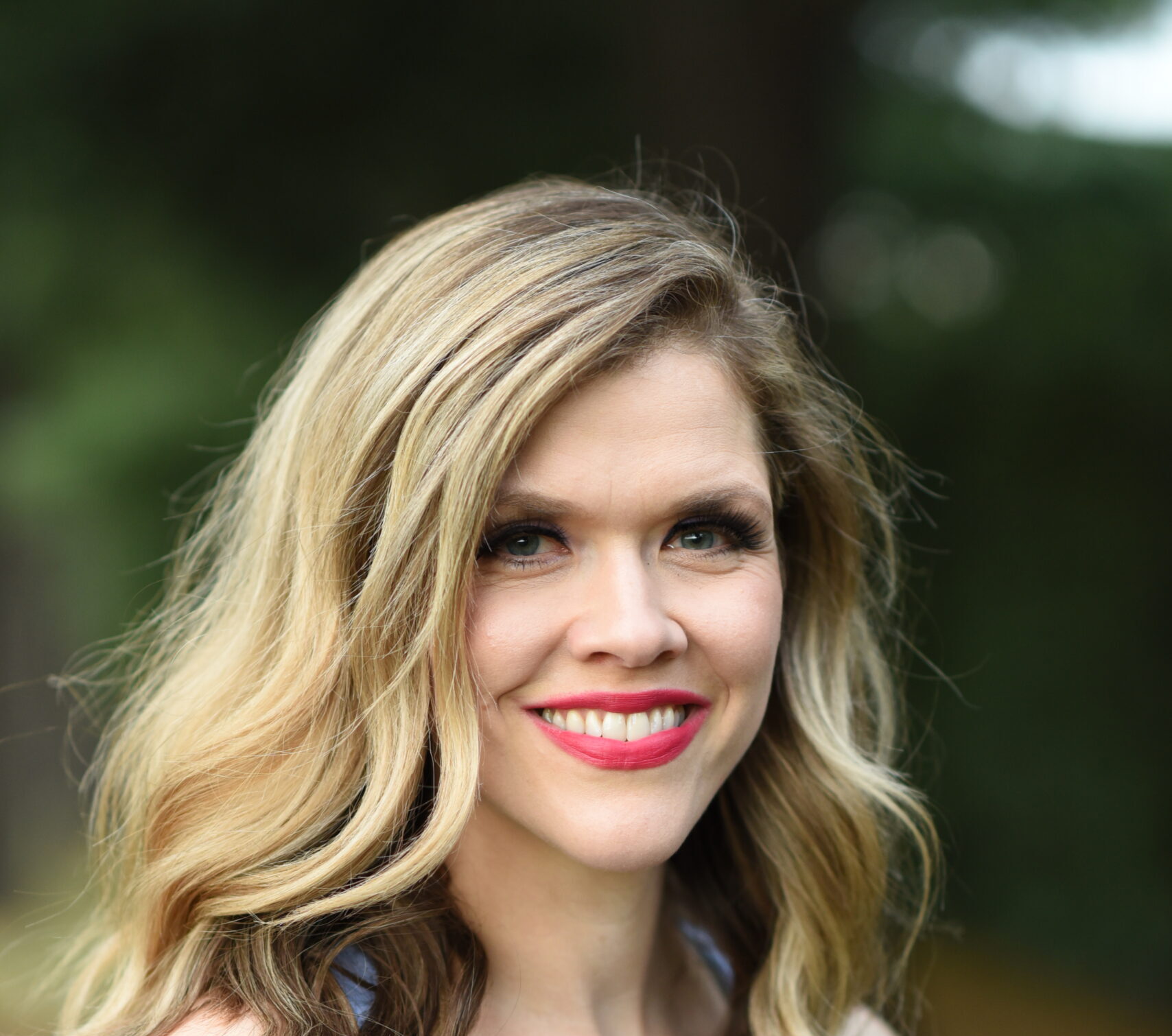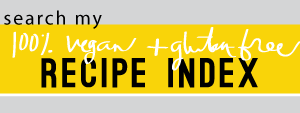I just started reading a new book out by best selling author, Barbara Kingsolver (author of The Poisonwood Bible), called Animal, Vegetable, Miracle: A Year of Food Life.
It chronicles the year-long journey the family took of eating only locally grown food. Very interesting to say the least, and I got the book because I am all for returning back to eating most of our food in season and from local sources. I have to say this is something I’m just learning about, so I’m no where near a “locavore” but I think the principle is sound and reasonable.
This book brings to light a current movement in food production and consumption which goes by many names; “locavore,” “slow food movement,” “local/sustainable food movement” are some of the more common names. It focuses on organic, local, and seasonal whole foods, which as you know, I am a huge proponent of (whole plant foods that is).
I am glad that this is bringing a new awareness to our population, that of reconnecting ourselves with the food chain and being a part of the process again, instead of simply being consumers rather than contributors.
This allows us to teach our children, “See this seed? We put it in the ground, give it water, sunlight, and nourishment, and it will grow and produce fruit.” One of the benefits of this is that we can raise our children to realize that an apple doesn’t come from Wal-Mart, it comes from the earth, after a long and laborious process.
This movement, along with the sour economy is pushing a lot of people back into home gardening, which is fantastic on so many levels.
There is one aspect of this movement, however, which I disagree with. While I agree with their point that factory farming is inhumane, cruel, and just plain wrong, where I part company with them is the fact that they say that instead we need to produce “free range” meat, eggs, and dairy. Meaning chickens and cows and pigs are able to graze freely while they fatten up and prepare for their inevitable slaughter. Nice, cushy, idea that gives you the warm fuzzies, but even these feel-good ideas
have their flaws. This romanticizing of animal husbandry paints an inaccurate picture of
what really is going on.
Not to mention there is no inclusion of the facts about animal protein, which in amounts of more than 5% of your total caloric intake, which happens to be a very small amount in comparison with what is typically eaten on a SAD (see T.C. Campbell’s The China Study), have a causal relationship with a myriad of diseases and cancer, specifically heart disease, prostate and breast cancer.
There is a section in the book where the daughter of Barbara Kingsolver, Camille talks about the reasons why she isn’t vegetarian. Mind you, she’s not a nutritionist, and this bit in the book is her opinion and she shares no scientific research to back up any claims that she is making. I’d like to share with you some excerpts and then give my thoughts on the subject.
“Vegetarians and vegans should consider taking iron supplements because the amount of this nutrient found in plant sources is minuscule compared with the amount found in meat.” (pg. 97)
It is true that amounts of iron in meat are much higher and are more concentrated than found in plants, but what does this mean? She’s assuming that iron, because it’s an essential nutrient and critical to our functioning as human beings is better in large amounts. More of a good thing is not always better, iron poisoning does exist when large amounts of iron supplements are ingested.
The
RDA varies for iron, depending on your age, gender, and whether or not your pregnant or lactating (pregnant women require more iron than the average woman, lactating women require less than the average woman). It’s recommended that vegetarians get more iron than non-vegetarians. This range is usually somewhere between 18-30 mg daily, which shouldn’t be difficult especially on a whole foods diet.
Low iron stores are not necessarily unhealthy (see Jack Norris, RD, speak to this issue
here). The reason for concern about not obtaining and/or absorbing enough iron would be because of anemia, or iron deficiency. Iron deficiency anemia among vegetarians is similar to that of non-vegetarians, meaning there is no convincing research that points to a vegetarian diet as the reason for this deficiency. There are several reasons for a deficiency and eating a whole foods diet based on a variety of plant foods is not one of them (see
Dr. McDougall’s take on the issue).
On a personal note, with my last pregnancy, which I was 100% vegan the entire time, my doctor commented after receiving my test results for iron levels, that my iron levels were well above the average pregnant woman that she sees. And for what it’s worth, I have known several people who had anemia, and they were all omnivores.
She goes on to say:
“Of course, eating plenty of iron-containing dark leafy greens, legumes, and whole grains is a good plan. Along with a host of other essential nutrients, they do offer a good bit of iron, but in some cases it may not be enough to keep the body producing hemoglobin.” (pg. 97)
Of course!
Everyone should be eating plenty of dark leafy greens as permitted by geographic location and season, but if those aren’t available in abundance or at all (which anywhere in the U.S. they are available in
plenty at any time of the year, hooray!), there are still whole grains (not just wheat, but kamut, spelt, brown rice, quinoa, millet, oats, barley, rye…need I say more?) and legumes (lentils, beans, peas, tofu (soy)) and tubers (like the
potato, which contains ample vitamin C AND 18% the RDA of iron in one large baking potato a great source of iron).
So, the only way to be deficient in iron as a vegan is to not consume enough calories and/or not consume enough whole foods…
Further, she reads:
“Vitamin B-12 is also tricky; in its natural form it’s found only in animal products […] This means that vegans–people who eat no meat, dairy or eggs–need to rely on supplements or foods fortified with B12 to prevent this dangerous deficiency.” (pg. 97)
B-12 is not solely found in animal products. It grows on bacteria and back in the old days, was found in our soil, which was rich in bacteria and in turn we got from the plants that we grew in the rich soil. By consuming these plants, we were able to get B-12. Now, our fruits and veggies are grown in antesceptic soil so to speak. The soil we use now is not a reliable source as it has been depleted of organic materials that promote this bacteria growth.
It’s also important to note that a B-12 deficiency is found in non-vegans and vegan alike.
Dr. McDougall talks about this issue as the “meat-eaters last stand.” It’s one of the many excuses they use to continue eating the way they do. B-12 is nutrient needed in very small amounts (about 5 mcg a day is more than sufficient for most people) and can easily be supplemented with reliable sources of the nutrient. {
Read here for in-depth detail on the subject.}
Bottom line: Yes, I can eat cheese and chicken to get this vitamin, but at what cost (besides the life of these animals)? With these packages, I do get the vitamin, but I also get a host of other unwanted things: artery clogging saturated fat and cholesterol, casein (animal protein), pesticide residue (which is much much higher in animal foods than produce). This is the only nutrient we are not able to reliably get from plant sources, but is very easily obtained through a supplement. Contrast that to an animal foods based diet where there’s a much stronger case for supplementation for dozens of vitamins and nutrients not available in these foods (vitamin C, fiber for example).
The most interesting aspect of her argument is when she says:
“Humans are naturally adapted to an omnivorous diet: we have canine teeth for tearing meat and plenty of enzymes in guts to digest the proteins and fats found in animals. Ancestral societies in every part of the world have historically relied on some animal products for sustenance.” (pg. 98)
This is not the first time I’ve heard the, “But we were meant to eat meat because of our canine teeth” argument.
First of all, we have two canine teeth, this is true. But the rest of our 32 teeth are flat, perfect for chewing and crushing plants, not meat. Also, compare our teeth to that of say, a lion, a true carnivore. There’s no question lion’s were meant to eat meat. Their teeth are sharp, razor like, perfect for ripping into the flesh of another animal and tearing through muscle, bones, and sinews. We look awfully wimpy in comparison.
Our digestive systems are much more suited to a plant-based diet. Our intestines are long and the process of waste elimination takes much more time than say that of a carnivorous animal who has a very short and rather tube-like intestinal track perfect for quickly eliminating the toxins created by digesting meat.
Further, we don’t look at animals, like a cow for instance and think, “Oh, I’d really love to just sink my teeth into that cow and chow down.”
On the contrary we want nothing to do with the slaughtering process that gets the final piece of flesh to our plate for dinner. Not only that, but who enjoys a piece of meat, plain? To make it palatable we must slather it in sauce, herbs, spices, essentially flavor (plant-based flavor at that).
Just because we can eat meat, doesn’t mean we should. Or at least on a regular basis.
I believe meat eating is warranted in times of famine (there are absolutely no other food sources) or winter (which we know nothing about in these modern times, because there’s plenty of vegetarian options year round). Back in the old days, winter really was a time of scarcity where food was limited and perhaps the only thing to eat were squirrels, chickens, ect. Really not so, in the good old U.S.A.
Colleen Patrick-Goudreau has some phenomenal podcasts relating to the excuses we tell ourselves for eating meat. Check it out on ITunes. My top picks:
- PART I Humans are meant to eat meat. Just look at these incisors in my mouth,
- PART II Humans are meant to eat meat. Just look at these incisors in my mouth,
- The Protein Myth and Vegetarianism, &
- Response to: “Eating meat is my personal preference, and since I respect your choice not to eat meat, I would appreciate your respecting my choice to eat it.”
In light of the three main reasons why Camille is not vegetarian (iron concerns, which can easily be met on a vegan diet; B-12, which is very easily supplemented; and the fact that we have 2 canine teeth, which you can see from the above pictures, there’s really not much of a point there), I find her argument pretty weak, especially in comparison to all of the health, environmental, spiritual benefits of a whole foods plant-based diet, don’t you think?
Occasionally I’ll have a well-meaning individual give me advice out of concern for my health, like, “You really should eat meat once in awhile to get those essential nutrients that you can’t get anywhere else,” or “You really need to eat fish to get DHA and EPA (Omega-3 fats).”
I don’t want to sound judgemental, but often these people are in no place to give out nutrition advice. What I mean by that is they themselves are suffering from one health problem or another, are on medication, and more often than not, are overweight or obese. Again, I don’t want to sound critical, I just am very slow to head the nutritional advice of someone who ironically is not in a great state of health.
One more thing. Some people use the Bible as an excuse to kill animals. They claim that we have dominion over the animals, they are here for us to eat, so what’s the big deal? John Robbins speaks to this issue and he articulates it well:
Some say there’s no need to extend our compassion to animals, because it says
in the Bible that we are given dominion over them. But what does dominion
really mean? Let’s say you have two sons, and you go out for the evenin,
and as you do, you say to the elder one, “While I’m gone, you’re in charge,” and
you say to the younger one, “While I’m gone, you’ve got to do what your older
brother says.” You are giving the older boy dominion over the younger one
for the time you’re gone, are you not? But how would you feel if you came home later that night to find that the older boy had subjected the younger one to relentless cruelty? Dominion means stewardship and respect. It means taking care of other
beings, not abusing them. (The Food Revolution, p. 226)



Comments